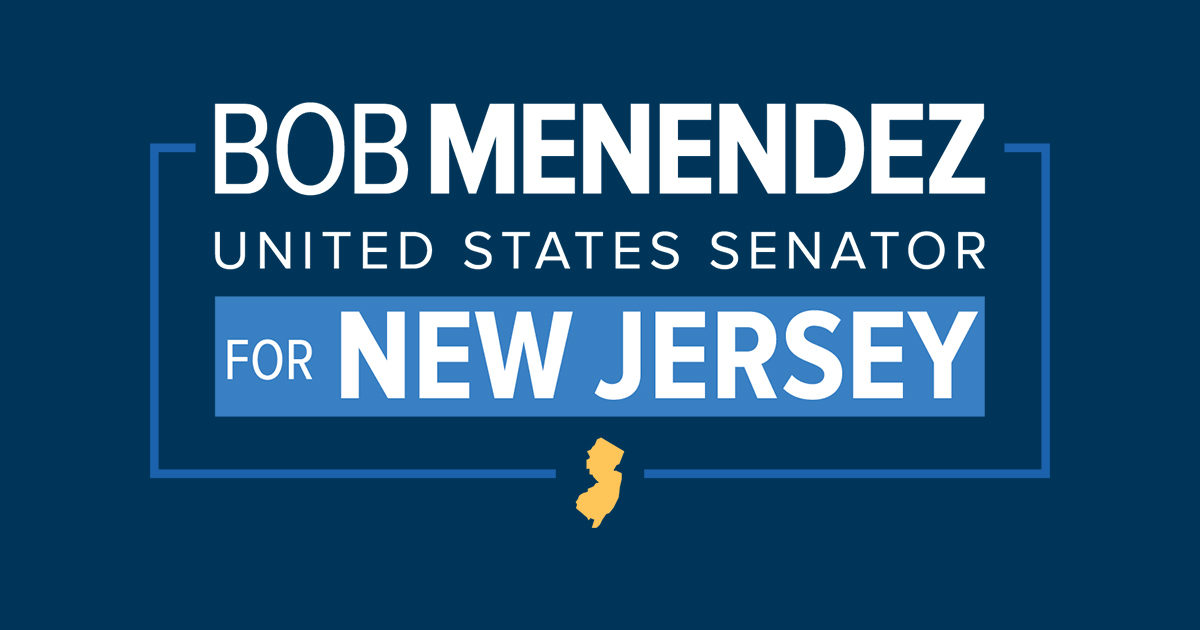Source: United States Senator for New Jersey Bob Menendez
WASHINGTON, D.C. – U.S. Senator Bob Menendez (D-N.J.) and Congresswoman Nydia Velázquez (D-N.Y.-07) today published an op-ed in El Nuevo Día, titled A year later, our law is ensuring the disclosure of any conflicts of interest in Puerto Rico’s debt restructuring process. In this piece, they highlight how their bicameral and bipartisan law, the Puerto Rico Recovery Accuracy in Disclosures Act (PRRADA), successfully closed a glaring loophole in the Puerto Rico Oversight, Management, and Economic Stability Act (PROMESA) as enacted in 2016 that excluded disclosures required under U.S. bankruptcy law and which had left the people of Puerto Rico vulnerable to conflicts of interest in the ongoing debt restructuring process.
Sen. Menendez and Rep. Velázquez underscore how their bill requires entities, for example like McKinsey & Company, to disclose conflicts of interest if they take part in advising the island’s debt restructuring process. Both members highlight why it is critical that all consultants, advisors, and other professionals comply with PRRADA and report possible conflicts of interest in Puerto Rico’s debt restructuring. PRRADA addresses a major discrepancy between how the U.S. citizens in Puerto Rico are treated compared to those on the U.S. mainland.
Read the op-ed in its entirety below:
A year later, our law is ensuring the disclosure of any conflicts of interest in Puerto Rico’s debt restructuring process (El Nuevo Día)
Former Supreme Court Justice Louis Brandeis famously wrote, “If the broad light of day could be let in upon men’s actions, it would purify them as the sun disinfects.” This principle of demanding greater accountability and transparency in the public domain led to the passage of the Puerto Rico Recovery Accuracy in Disclosures Act (PRRADA). Signed into law on January 20, 2022, PRRADA closed a glaring ethical loophole in the Puerto Rico Oversight, Management, and Economic Stability Act (PROMESA), the legislation enacted in 2016 to address Puerto Rico’s debt crisis.
PRRADA created strict disclosure requirements for consultants, advisors, and other professionals receiving compensation related to their work on Puerto Rico’s debt restructuring process. Prior to PRRADA’s passage, this critical information was shielded from the public domain, in stark contrast to bankruptcy proceedings throughout the rest of the United States. For Puerto Ricans facing cuts to their health, education, and pension funds, it meant that harmful decisions could be made by those who had financial interests at stake.
To protect the people on the island, we modeled PRRADA after the disclosure requirements that already exist in the U.S. Bankruptcy Code — and for good reason. One of the pillars of bankruptcy law is that creditors, debtors, and the general public can trust the impartial adjudication of these cases. It requires third-party entities to be legally restricted from conflicts of interest. However, when Congress established the bankruptcy-like process for Puerto Rico’s debt restructuring in 2016 under PROMESA, it failed to include these disclosure requirements, allowing for the possibility that bankruptcy advisors could profit from the restructuring plans they were helping negotiate and ultimately implement.
PRRADA successfully closed this loophole. Now, parties working on the island’s debt restructuring must submit documents proving they do not have conflicts of interest at stake. In order to receive compensation for their services, these parties must also disclose information to the U.S. District Court and the U.S. Trustee Program at the Department of Justice.
Last December, the Office of the U.S. Trustee released a report of the disclosures received so far. In length, it is barely eight pages long, but in value, it provides Puerto Ricans with critical information they deserve. For example, the Trustee’s report reveals the difficulty they have faced in trying to obtain disclosures from McKinsey and Co. — the consulting giant that has raked in more than $100 million in fees while advising Puerto Rico’s government.
PRRADA was born out of reporting by the New York Times and other outlets that exposed how McKinsey had one arm of their operations advising the Fiscal Oversight Board while other arms of their operation held investments in Puerto Rico’s debt. Specifically, their investment fund, MIO Partners, owned Puerto Rican bonds, worth millions of dollars, while at the same time, its consultants were helping determine how much those bonds would pay out to creditors.
Just over a year ago, MIO Partners paid an $18 million fine to settle an SEC investigation into insider trading risks, which the Office of the U.S. Trustee has pointed to when raising concerns about McKinsey’s conflicts of interest in Puerto Rico. This is in addition to the reports that McKinsey helped privatize Puerto Rico’s utility grid, awarding a lucrative contract to LUMA Energy — a company partially owned by a McKinsey client — while consistently leaving Puerto Rican residents and businesses without power.
McKinsey may be one of the more high-profile parties flagged by the U.S. Trustee, but it is not the only entity that has potentially run afoul of PRRADA’s disclosure requirements. It is our hope that the Department of Justice and the Office of the U.S. Trustee can continue to enforce PRRADA and hold accountable the entities that violate it. We owe these public servants our profound thanks for their diligent work to protect the integrity of Puerto Rico’s debt restructuring.
As we celebrate the anniversary of PRAADA’s enactment, our ultimate goal remains clear: the disclosure of every potential conflict of interest that jeopardizes the impartial debt restructuring process for the over three million residents of Puerto Rico. PRRADA was a long-overdue first step towards addressing one of the many inequalities Puerto Ricans face, but our work continues to end other discrepancies between the mainland and the island. Going forward, we are committed to finally affording the U.S. citizens of Puerto Rico the transparency and justice they deserve.
###
